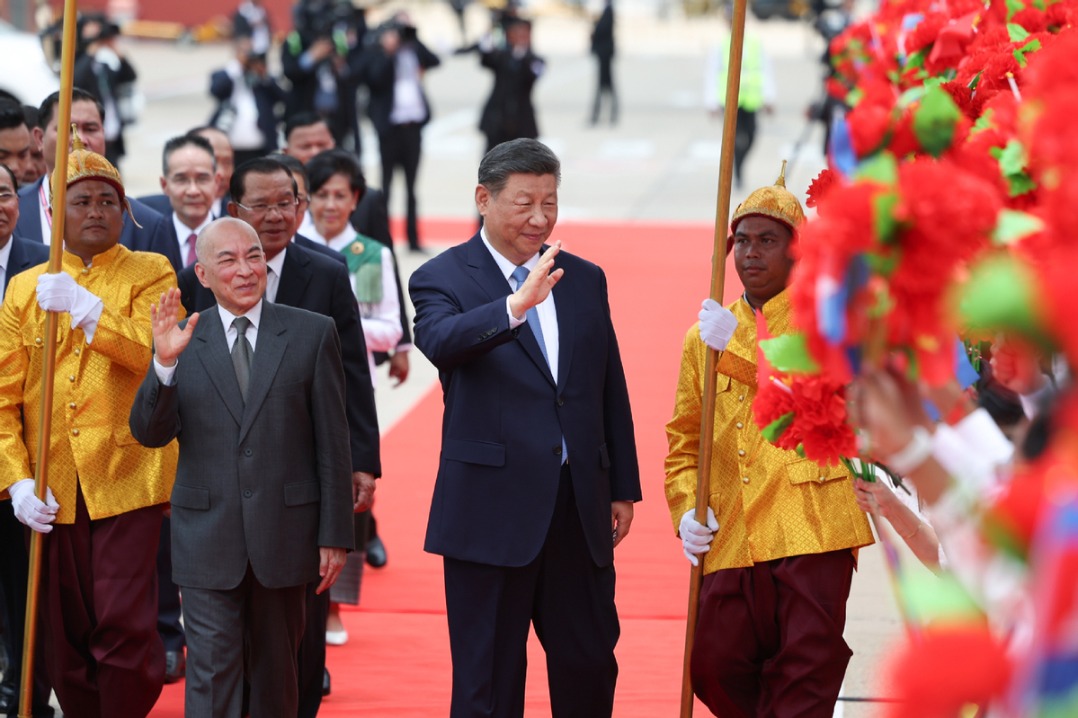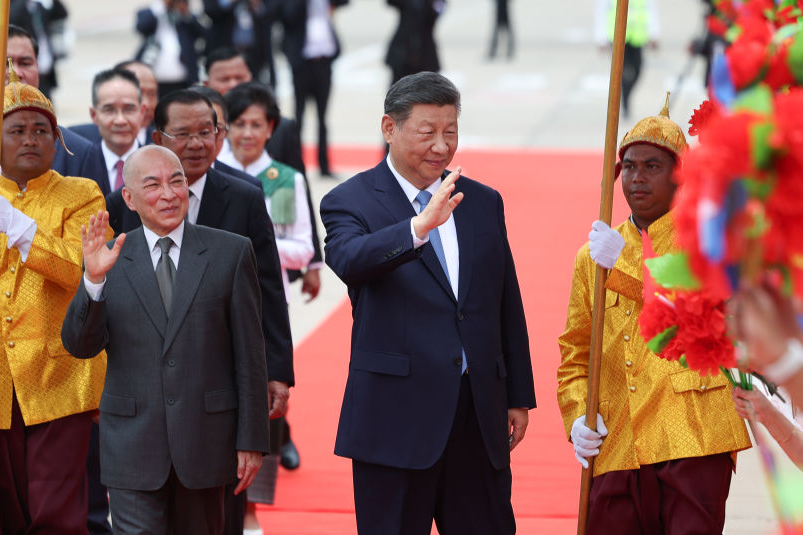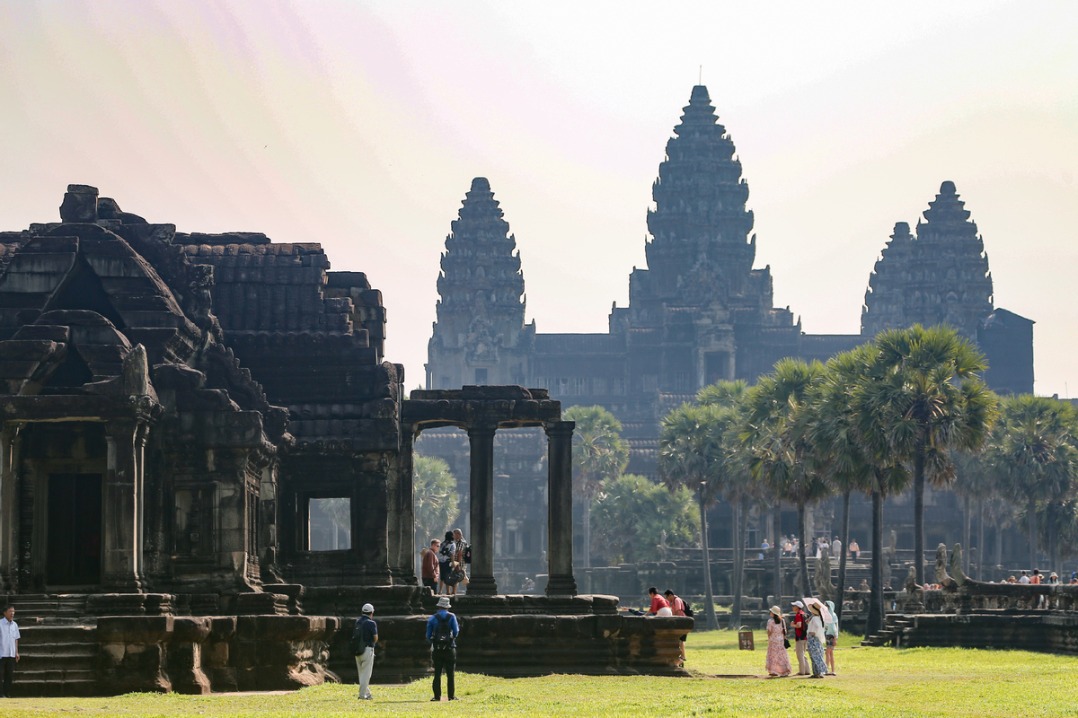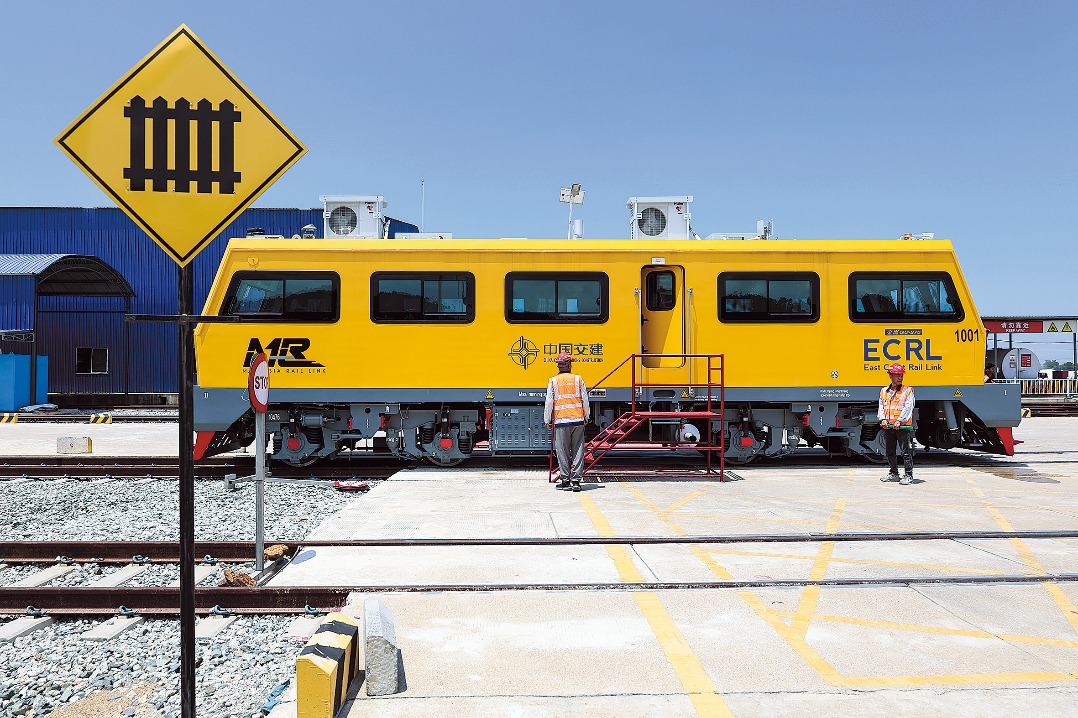Syrian army declares resumption of military operations in Idlib
Xinhua | Updated: 2019-08-06 10:59
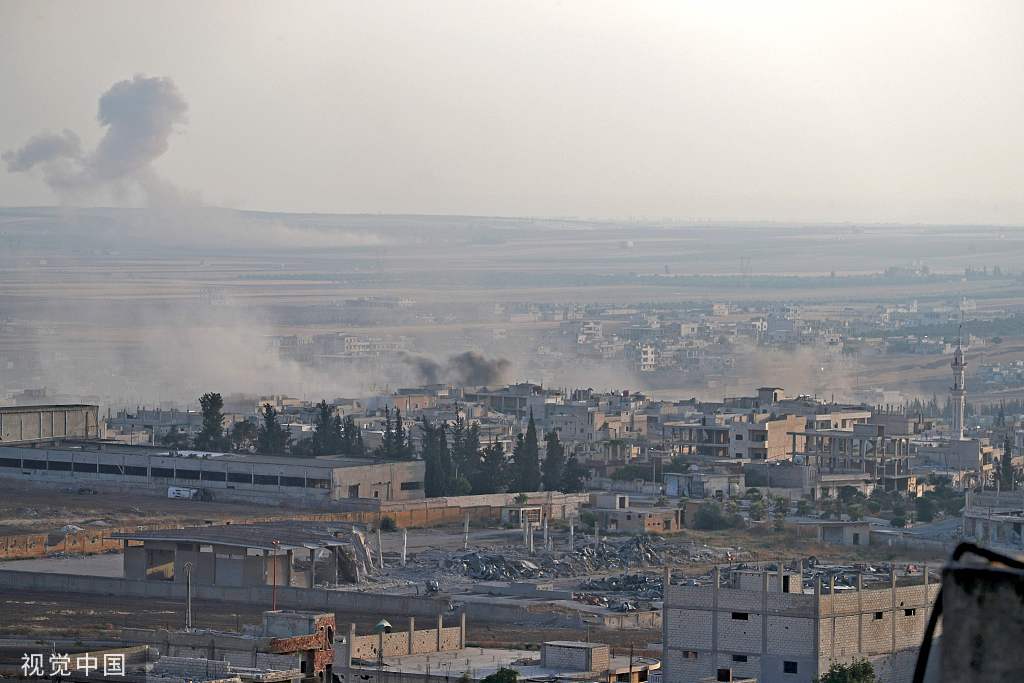
DAMASCUS - The Syrian army on Monday declared in a statement the resumption of military operations in the northwestern Idlib province, citing the cease-fire violation by the rebels, the state news agency SANA reported.
The Syrian army said the "terrorist groups" refused to abide by the cease-fire deal in the de-escalation zone in Idlib and launched several attacks on civilians in nearby areas.
The army statement assigned the blame on the Turkish-backed rebels, saying that the "Turkish government allowed its tools of terrorist groups in Idlib to continue their attacks and aggression".
Given the fact that the cease-fire was conditional, the Syrian army will resume its military operation against the groups, the statement added.
Earlier in the day, the pro-government al-Watan newspaper said the al-Qaida-linked Nusra Front rejected to withdraw from the de-militarized zone in northwestern Syria as planned in recent Syrian talks.
The Nusra Front, the backbone of the Hayat Tahrir al-Sham (HTS) group, rejected to withdraw 20 km in depth of Idlib province as agreed upon by Turkey and Russia.
Citing remarks by Abu Muhammad al-Golani, leader of the Nusra Front, the newspaper said that Golani declared his rejection to withdraw the 20 km regardless this request is made by "friends or enemies".
By saying friends, Golani meant Turkey, which is backing and negotiating on behalf of the rebels, according to al-Watan.
The 13th round of Syrian talks in the Nur-Sultan, capital of Kazakhstan, previously known as Astana, concluded on Aug 2 with the guarantors of the talks, as well as government and opposition delegations, agreeing to revive a cease-fire in the de-escalation zone and the retreat of the rebels 20 km in depth of Idlib.
The Syrian Observatory for Human Rights reported violations to the cease-fire, which went into force on the evening of Aug 1.
The Observatory, however, said that there was a halt in the ground confrontation and airstrikes.
Meanwhile, Golani said that battles could continue after the end of Eid al-Adha feast, a four-day feast that starts on Aug 11.
His remarks mean that the recent cease-fire could fail entirely given the fact that the Nusra Front and its umbrella of the HTS are the strongest among other groups in Idlib.
The de-escalation zones' deal was established last September under the supervision of Turkey and Russia.
It includes Idlib, as well as countryside areas of the nearby provinces of Hama and Latakia and areas in Aleppo province in northwestern Syria.
Idlib, in particular, is the last major rebel stronghold in the country.
Last April, the military showdown returned on the surface and battles were reported in the northern countryside of Hama near Idlib.
The army managed to capture key areas in the quest to advance into Idlib.
Still, the battle for Idlib is considered a difficult one because of the fact that all of the rebel groups that retreated and defeated in other parts of the country have gathered in Idlib with no place else to go.






